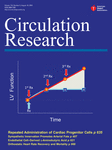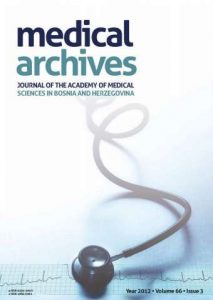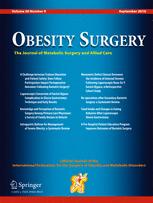
Nearly 50 years ago, researchers in Uppsala, Sweden used cells from a patient to establish a brain tumor cell line that has become widely used. But a new study suggests that the most common source of that cell line used by scientists today may not be derived from that original patient’s tumor, raising questions about the results obtained in hundreds of studies.
In a new paper out today in Science Translational Medicine, Bengt Westermark, of Uppsala University, and colleagues describe what they found when they performed a forensic DNA analysis comparing the widely used version of the cell line to the original. The findings are consistent with those of other analyses in which cell lines turn out not to be what researchers thought, a problem we’ve focused some attention on.
Here’s an email interview with Westermark about the findings and their implications: Continue reading Widely used brain tumor cell line may not be what researchers thought it was
 Are there instances when similarities between papers should be fixed by a correction, rather than a retraction?
Are there instances when similarities between papers should be fixed by a correction, rather than a retraction?



 With retraction notices
With retraction notices 

